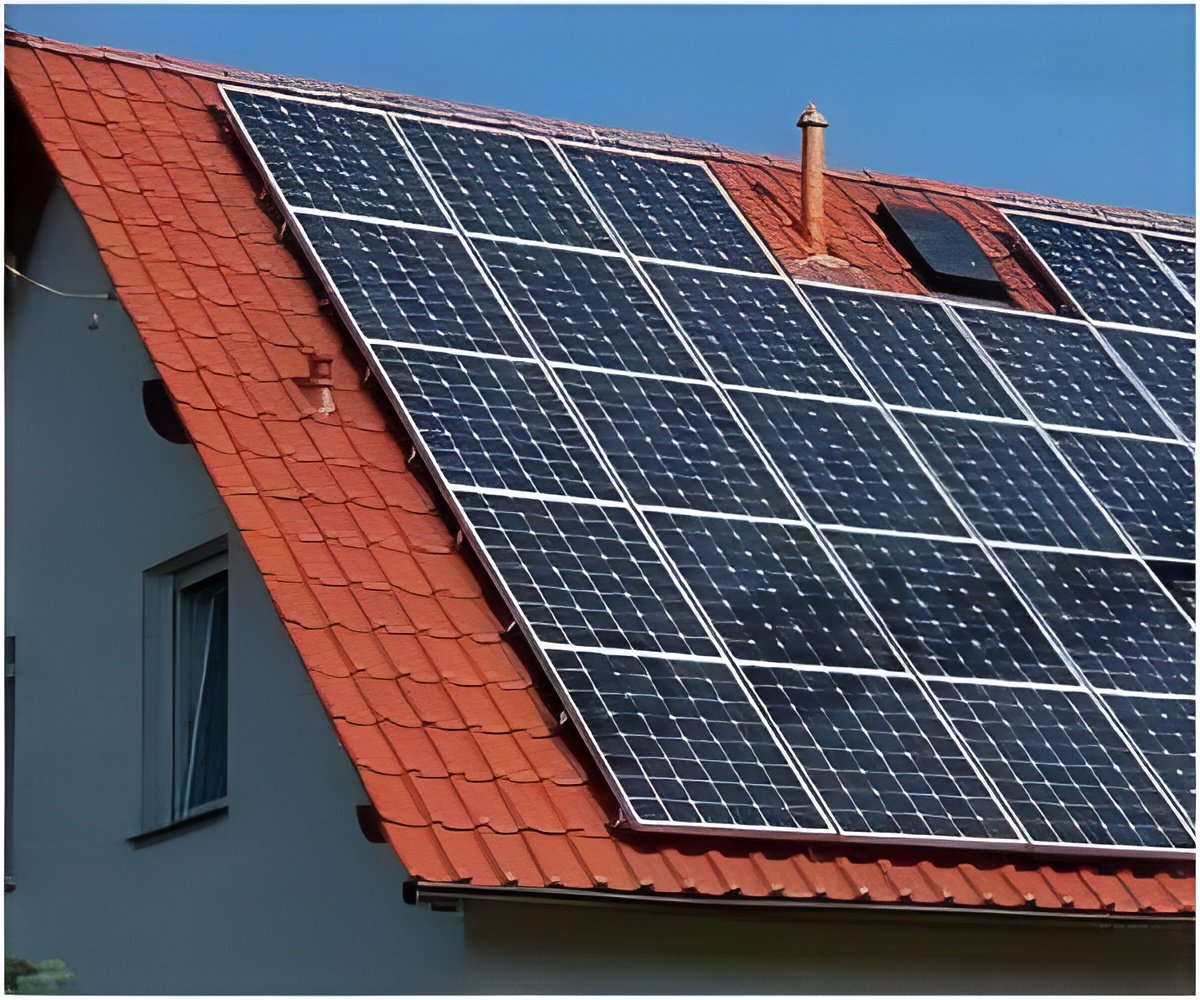
"Soon I realised how important is night time in a community accustomed to glimmering flashlights and moonlight," he says on his website.
Some of these flashlights, he noted, were petroleum lamps which -- apart from being dangerous to work with -- provide a flickering light which might be inadequate for the work of a butcher or a seamstress.
It was then that he hit on the idea of a simple, mobile alternative made of a recycled metal pole, propping up a rechargeable LED lighting unit and attached to an old bicycle wheel which could be moved easily from place to place as required.
Today his invention, named by locals as "Foroba Yelen", which means "collective light" in the Bambara language, has transformed lives in the 72-village rural commune of Cinzana, where 35,000 people live.
Alou Coulibaly, who went to book one of the streetlamps for the baptism of his newborn girl, had nothing but praise for the initiative, telling AFP it had improved the lives of poor villagers who could not afford a generator or the fuel to run one.
Advertisement
"Since then I have worked with local craftsmen to develop its details so that it could be replicated anywhere in Mali. The LED unit was developed with the expertise of lighting engineers in Italy," he said.
Advertisement
He put locals in touch with the Swiss foundation eLand, which supports initiatives in the field of architecture for sustainable development and provided workshops teaching young people how to replicate the lamps.
Amadou Sidibe, a welder based in Segou, makes the main body of the lamp from old bicycle parts while Aboubacar Dagnon, a tea producer, makes the housing for the LED bulbs from recycled aluminium cookware.
- Electricity outages -
"The tool, designed to be manufactured by local craftsmen, entered into work, social life and cults of a community at present more then 90 lamps have spread over 17 villages and three health centres," Ferroni said.
People go to the home of Issouf Dagnon, a resident of Cinzana, to charge the lamps' batteries or book a unit for 250 francs ($0.52, 0.40 euros) per night, with the fee going towards maintenance.
Each village benefiting from the scheme gets a set of four street lamps and a 50-watt solar panel at a total cost of 500 euros ($685), financed by eLand.
Today Foroba Yelen is meeting the needs of numerous small businesses but is also being used at funerals and births at Cinzana's community clinic.
While villagers like Alou Coulibaly require them only occasionally, others, such as potter Djeneba Djoni are putting the lamps to regular use.
"We worked before by the light of the moon and with a torch attached to our heads, like hunters," he said.
Mali, a country of over 16 million people, has been plagued in recent years by chronic electricity outages.
The government reported on Wednesday that the country had managed to supply just 45 percent of its electricity demand last year.
The administration in Bamako says Mali's EDM-SA energy company -- two-thirds owned by the state and a third owned by a subsidiary of the Aga Khan group -- is in crisis, failing to ensure an adequate supply despite state subsidies worth 87.7 million euros ($120 million) in 2013.
Source-AFP









